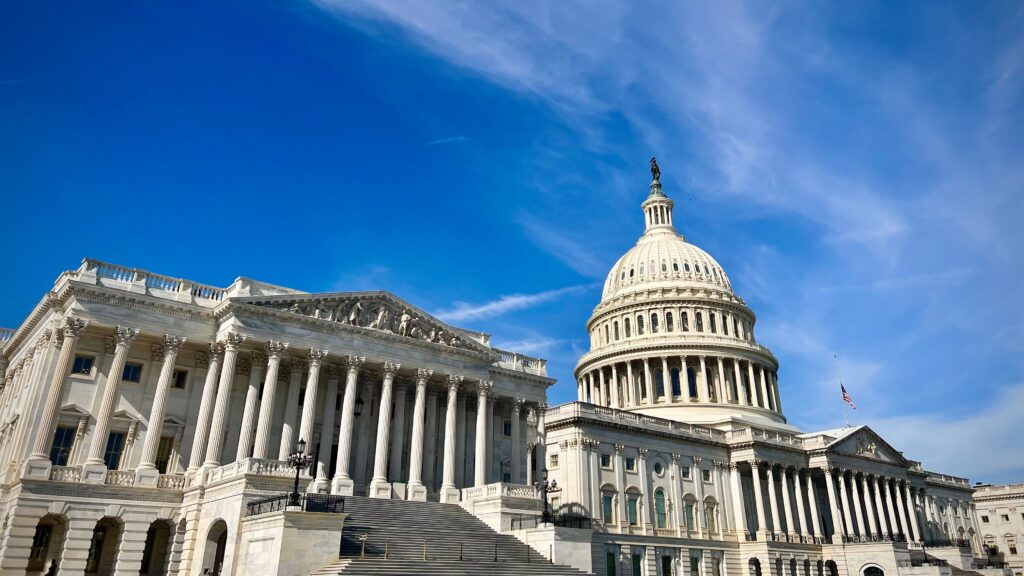A Significant Step Forward for Crypto Advocates
In a notable development for the cryptocurrency community, a bipartisan effort in the U.S. Senate has successfully advanced a resolution aimed at abolishing a controversial crypto tax regulation put forth by the Biden administration. The Senate voted decisively, with a tally of 70-27, to utilize the Congressional Review Act to rescind the Internal Revenue Service’s (IRS) new broker rule, which had implications for decentralized finance (DeFi).
The Path Ahead: House of Representatives and Presidential Approval
With the Senate’s approval, the next step involves the House of Representatives, which must also endorse the resolution for it to become law. Following this, it would require the signature of President Donald Trump to officially eliminate the rule from the IRS’s regulatory framework. If successful, this action would not only erase the existing rule but also prevent the IRS from implementing similar regulations in the future.
Senator Cruz’s Strong Opposition to the IRS Rule
Senator Ted Cruz, the architect of the resolution, expressed his strong opposition to the IRS’s approach during his speech on the Senate floor. He criticized the rule as an “incoherent” overreach that unfairly categorized software developers as brokers, requiring them to disclose user data and personal information. Cruz emphasized that the software created by developers does not actually hold or control users’ funds, rendering the regulation unnecessary.
Bipartisan Support: A Positive Indicator for Future Legislation
The Senate’s overwhelming approval reflects a surprising level of bipartisan support for issues related to digital assets. This momentum is similar to previous votes, such as the repeal of the Securities and Exchange Commission’s crypto accounting rule, indicating a growing consensus on the importance of fostering a favorable regulatory environment for cryptocurrencies. This could bode well for upcoming legislative initiatives focused on stablecoins and broader market-structure laws that aim to bring cryptocurrency activities under federal oversight.
Younger Democrats Lead the Charge
Cruz noted an interesting political trend: younger Democratic members seem more inclined to support crypto-related initiatives compared to their older counterparts. He remarked on how this shift could signify a broader generational change in attitudes towards digital assets within the Democratic Party.
Next Steps in the Legislative Process
The House Financial Services Committee has already approved a parallel resolution, paving the way for a vote on the House floor. The White House has signaled that President Trump is likely to expedite the signing of this resolution, highlighting the urgency and significance of this issue within the current political landscape.
In conclusion, the Senate’s decisive action against the IRS’s crypto rule is a clear indication of the growing support for the cryptocurrency industry, setting the stage for future legislative advancements aimed at creating a more conducive environment for digital asset innovation.



